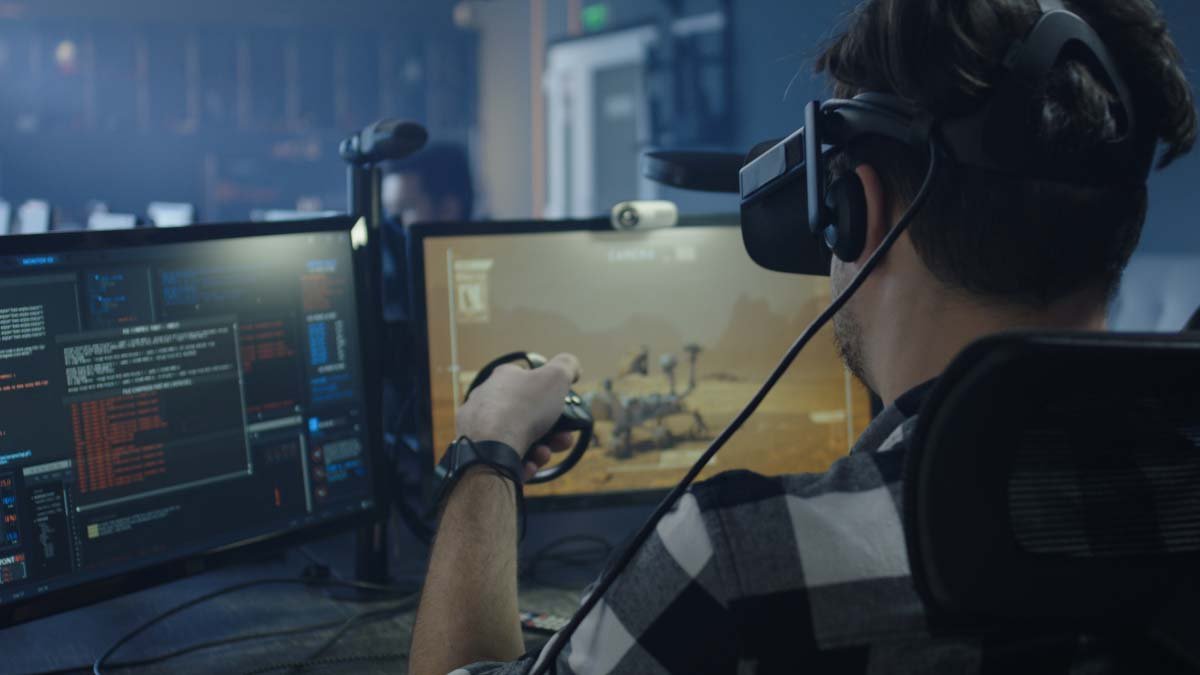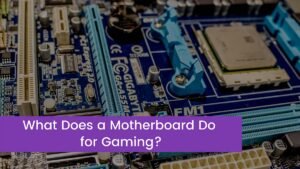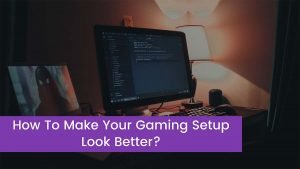Unity is one of the most popular game engines used by developers to create 2D and 3D games for various platforms. With its ease of use, extensive documentation, and large community support, Unity allows developers to quickly iterate and build high-quality games.
However, not all games can be developed by a single person or a small team. Complex games with advanced graphics, animations, AI, and online multiplayer capabilities require an experienced Unity game development company with a proven track record. Choosing the right partner is crucial to ensure your game vision comes to life smoothly and on time.
Here are important factors to consider when selecting a Unity game development company for your next big project:
Specialization in Your Game Genre
The first thing to look for is specialization in developing games similar to yours. For example, if you want to build an MMO RPG for mobile, pick a company that has successfully shipped such titles before. They will have the right expertise instead of figuring things out from scratch.
Analyze their portfolios to find overlaps with your genre, platform, art style, etc. Some studios only focus on 2D casual games while others specialize in high-end console game development. Making sure there is a fit will smoothen the development cycle.
Unity Game Development Company Size and Background
Bigger is not always better when picking a Unity game development company. Some small indie studios can provide greater personalization and attention with lower costs. On the other hand, established players bring robust processes and resources to execute complex long-term projects.
Look at factors like years in business, number of shipped titles, team size, financial stability, etc. to gauge the reliability of a potential partner. New startups can also be ideal sometimes if they have proven expertise. Ultimately you want a team aligned with your scale, budget, and development needs.
End-to-End Services or Specialized Teams
Some Unity game development companies provide complete end-to-end development covering concept, design, art, programming, testing, and launch support. This allows for a centralized team working cohesively towards your vision. Troubleshooting and coordination are also easier through a single point of contact.
On the other hand, other studios have specialized departments focused exclusively on specific game facets like art production, backend programming, or QA testing. This allows for hyper-focused talent pools bringing deeper expertise in discrete domains. Such studios collaborate with multiple clients by plugging gaps in their teams.
Assess whether you need a consolidated team or a targeted specialist as per the nature and scope of your project. Clearly outline roles and responsibilities between internal/external stakeholders in either case.
Flexible Engagement Models
Look for a Unity game development company that can customize their engagement model based on your unique needs. Common models include:
Fixed Cost Projects: All features are specified upfront along with a total fee for completion. Perfect for clearly defined scope but leaves little room for discovery or experimentation later.
Time and Material: You pay for the number of hours worked by the team. This offers flexibility to change requirements even later in development but costs can spiral if not budgeted properly.
Revenue Share: The development studio gets a cut of the total revenue post-launch instead of an upfront fee. This aligns incentives but shared IP ownership can be complex for some projects.
See if the company is open to tweaking these models or proposing hybrid options for your project. Shared risk and incentives can ensure both parties stay invested in the game’s success.
Post Launch Support Capabilities
The launch of your Unity game is just the beginning. What happens after can determine failure or blockbuster success. Seek a partner capable of supporting your game post-launch with services like:
- Live operations to keep the game running smoothly across server infrastructure and platforms
- Regular patches, fixes, and updates to address issues, optimize performance, and enhance gameplay
- Content pipeline for producing new levels, assets, and features to continually expand the game
- Community management for gathering user feedback, feature requests, and managing communication
- Performance monitoring with analytics integration to track KPIs and user engagement
Having the original development team handle continuity beyond launch ensures consistent quality and a broader context beyond just coding features.
Unity Game Development Company Pricing Models and Budget Range
Game development project costs can vary widely depending on scale, platform, complexity, and team size. While some routine 2D mobile games may cost between $10,000 – $50,000, an ambitious multi-platform 3D RPG could run over $500,000 with ease.
When requesting project quotes, be transparent about your overall budget expectations. This allows studios to tailor solutions that deliver maximum value and priority features within budget. If you expect specific cost savings, make that clear upfront instead of negotiating arbitrarily later.
Also, look for pricing models that provide flexibility like monthly retainers instead of fixed-price contracts. This gives some buffer to allow for change requests mid-project without cost overruns. Some studios also offer deferred payment plans tied to milestones or royalty structures based on sales post-launch.
Culture Fit and Communication Channels
Like any strategic partnership, your working relationship with the Unity game development company will determine project success. Technical skills alone are not enough if your approaches, priorities, and communication styles don’t sync up.
Schedule calls with potential partners to directly interact with leads who will manage your project. Look for teams that ask insightful questions, demonstrate an understanding of your vision, and provide ideas that spark your interest. You want a team that feels invested in the purpose behind your game, not just executing predetermined tasks.
Also, evaluate communication channels and feedback loops that will connect both sides. Daily standups via video chat, issue tracking platforms, frequent builds/demos, and transparency in task breakdown ensure alignment. Both sides should feel empowered to provide candid feedback to keep development on track.
Choosing the right Unity game development company requires thorough evaluation across multiple dimensions from costs, capabilities, and specialization to communication protocols.
While the searching and vetting process may need significant upfront effort, it pays rich dividends once you find an ideal partner to fulfill your gaming vision. Leverage the criteria above to make sure you pick a team that delivers success – both during development and for many years after launching your game




